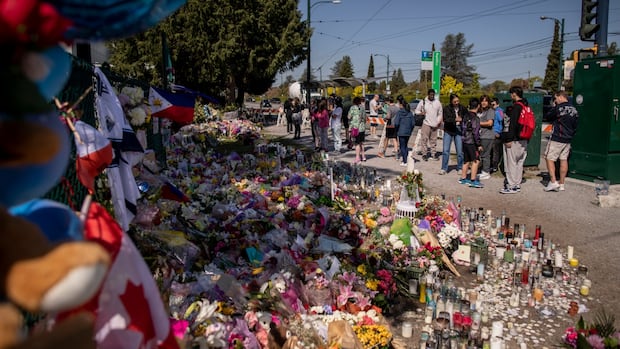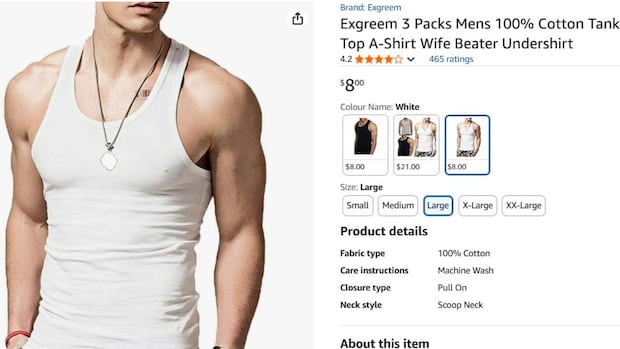Advocates Call for More Government Support for Lapu-Lapu Day Tragedy Victims
Victims and advocates are urging all levels of government to increase support for those affected by the Lapu-Lapu Day tragedy that occurred on April 26th in East Vancouver. The incident, where an SUV drove through a crowded street during the festival, resulted in 11 deaths and numerous injuries. Filipino B.C. is leading the call for increased funding and resources to address the ongoing needs of the victims and their families.
Lack of Support and Resources
Kristina Corpin-Moser, executive director of Filipino B.C., stated that many individuals are still struggling to access basic resources five months after the tragedy. She emphasized that while community efforts have been essential, a more substantial government commitment is needed to provide long-term aid and recovery support.
Advocates highlight the challenges victims face in navigating bureaucratic systems and accessing programs like ICBC, the Crime Victim Assistance Program (CVAP), and EI. Language barriers and pre-existing socio-economic circumstances can further complicate access to these services.
"The absence is noticeable now that we're five months out, and we still have people who can't access basic resources," said Kristina Corpin-Moser.
Calls for Government Action
Filipino B.C. is urging the federal, provincial, and municipal governments to allocate funding and resources in their 2026 budgets to support victims and their families. They emphasize that politicians have a "moral obligation" to follow through with real action after offering condolences and symbolic gestures.
The organization calls for a coordinated approach across all levels of government and says that promises and photo opportunities have not translated into tangible support.
- Commit dedicated funding for programs and services.
- Streamline access to existing support systems.
- Ensure culturally appropriate mental health services are available.
Victims' Experiences and Needs
Christi-Ann Watkins, a DJ injured at the festival along with her son, emphasized the need for coordinated assistance. She said that a single point of contact with comprehensive information would significantly reduce stress and trauma for victims navigating the system.
Corpin-Moser also noted that hundreds of witnesses and others indirectly affected by the tragedy require assistance but may not qualify for existing benefit programs. These individuals may have witnessed traumatic events or provided support to victims at the scene.
"We have people who held victims' hands as they died," she said. "These people also need assistance and they don't necessarily qualify for EI or for these other benefit programs."
Government Responses
The City of Vancouver stated that its role was to coordinate the immediate response following the tragedy and that longer-term recovery, health, and financial support rests with senior levels of government. The city encourages Filipino B.C. and other community organizations to submit funding requests through its granting programs.
The province, through Solicitor General Nina Krieger, confirmed that 180 claims have been paid through ICBC, totaling $2 million, and that 93 out of 95 applications to the province’s Victims of Crime program have been approved.
The province established a $50,000 grant through the Civil Forfeiture Office for Filipino BC, as well as a one-time CFO grant of $10,000 to the BC Bereavement Helpline Society to support traumatic loss facilitators.
Ongoing Legal Proceedings
Kai-Ji Adam Lo, the accused driver, faces 11 charges of second-degree murder and 31 charges of attempted murder. A B.C. judge has ruled that he is mentally fit to stand trial, and he will be detained in a hospital until the proceedings begin.
 Visit the website
Visit the website



